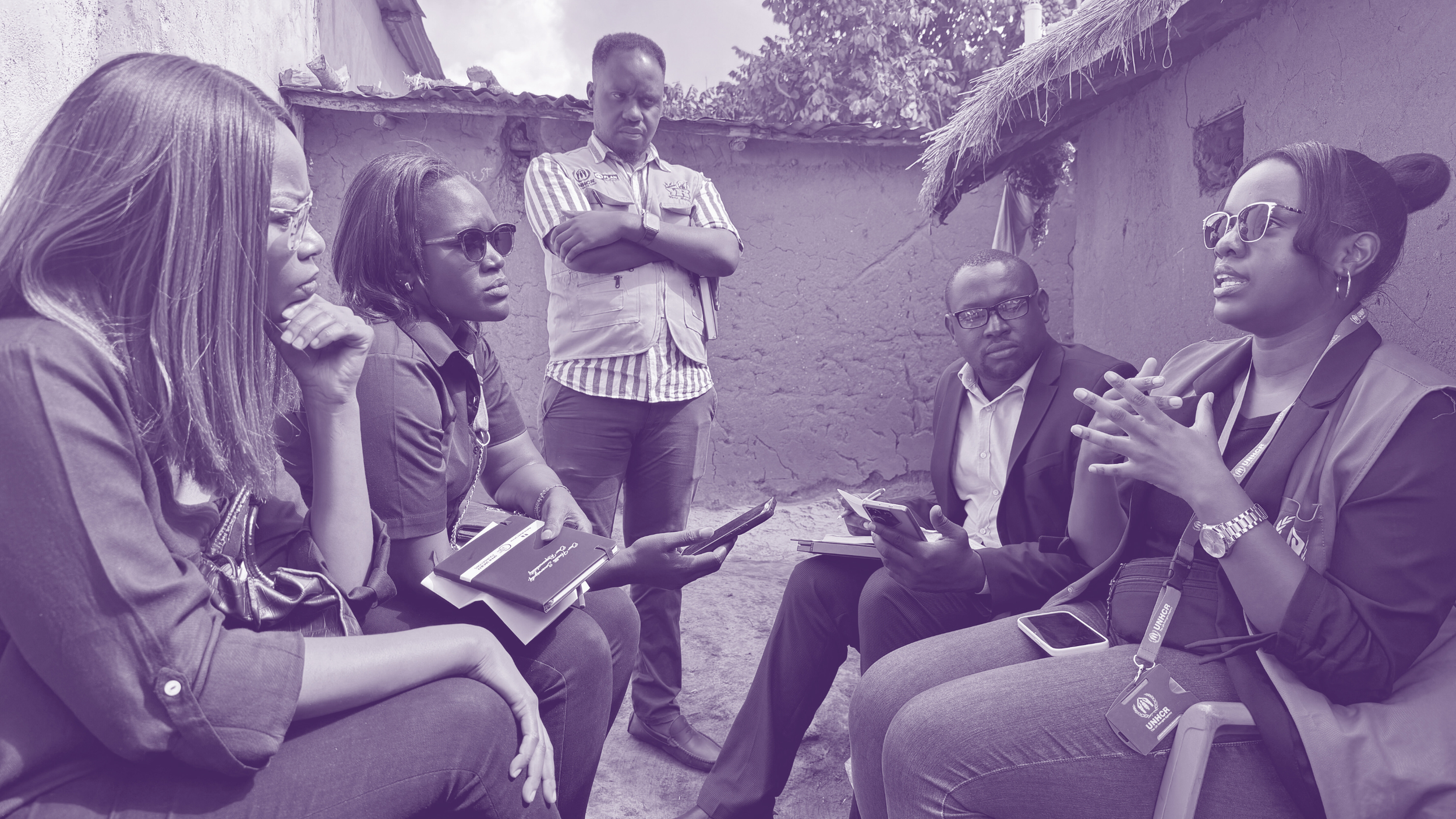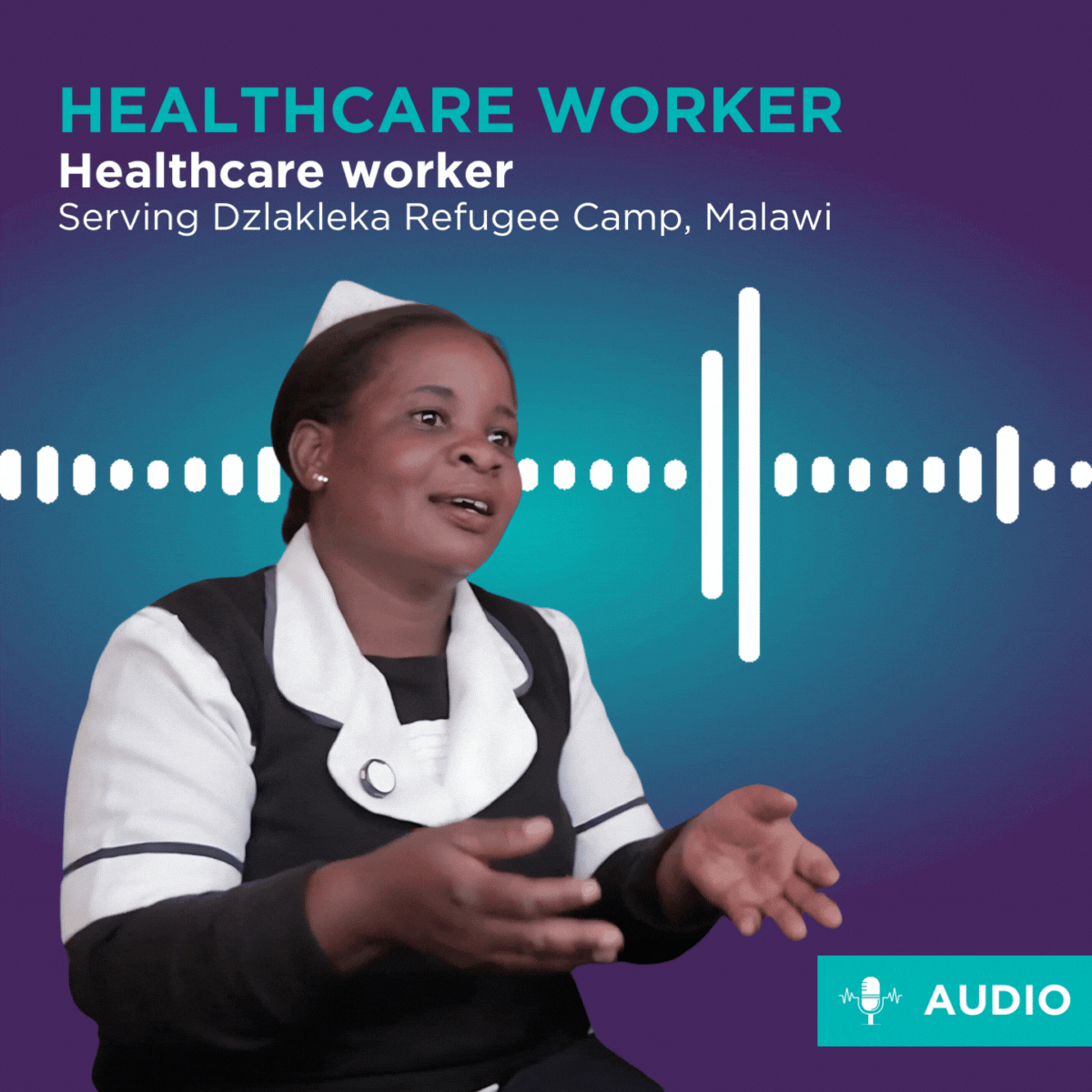
LEARNING FROM MALAWI:
OVERLOOKED STORIES, UNCOVERED
PRODUCED BY FPNN
AN FPNN INTERACTIVE

A JOURNEY TO UNCOVER THE REALITIES OF ACCESSING SEXUAL AND REPRODUCTIVE HEALTH SERVICES IN HARDER-TO-REACH COMMUNITIES
THE REPORTING TEAM
Five journalists from five different countries in Eastern and Southern Africa were select as FPNN Reporting Fellows to travel to Malawi to discover the successes, challenges and learnings from the realities in Malawi. These journalists used written word, video and their voices to capture insights and stories that helped tell the power of investing in family planning and reproductive health. Explore their dynamic coverage below.

LEARNING ONE
QUALITY SEXUAL AND REPRODUCTIVE HEALTH SERVICES ARE ESSENTIAL TO THE WELL-BEING OF REFUGEES AND OTHER VULNERABLE COMMUNITIES. SRHR SAVES LIVES.
According to the UNHCR, Maternal and newborn care, contraception and family planning, clinical and psychosocial services for survivors of gender-based violence, HIV prevention and treatment and addressing the specific needs of different communities all promote individual rights and afford displaced persons the freedom to decide whether, when and how often to have sex or get pregnant.
LOCATION
DZALEKA
Refugee Camp
Dzaleka hosts refugees and asylum-seekers from Dem. Rep. of the Congo, Burundi, Rwanda, and other nations
Population: 51,824 refugees and asylum-seekers
New Monthly Arrivals: 300+
Camp Established: 1994
# of babies born a day: 4 - 5 (120-150/month)
* as of 31/07/23
Over the years, Dzaleka Refugee Camp has evolved from a temporary settlement into a more permanent community, with refugees establishing businesses, schools, and other essential services. Despite refugees' challenges and hardships in the camp, many have found ways to thrive and positively impact their community.

MALAWI VOICES
OVERHEARD IN DZALEKA
Insights from members of the Dzaleka Refugee Camp.
LOCAL REPORTING: MALAWI
Family planning is an essential component of achieving development goals for health, poverty reduction, gender equality, and environmental sustainability.

LEARNING TWO
CHILD MARRIAGE & OTHER CULTURAL PRACTICES PREVENT INDIVIDUALS FROM ACCESSING SRHR. BUT THERE ARE MANY SUCCESSES TO LEARN FROM.
According to the UN Women, girls are often pressured to have a child soon after getting married, despite being children themselves. Preventing child marriage would help reduce the risks of HIV infection, maternal death and disabilities, including obstetric fistula. Complications from pregnancy and childbearing are the number one cause of death for girls aged 15-19 years.
Child brides also have limited access to and use of contraception, sexual and reproductive health services and information.
SPOTLIGHT
CHIEF THERESA
KACHINDAMOTO
Population of Dzeda: 990,000
# child marriages ended:
# of girls & boys returned to school:
# of babies born a day:
ACCESS IS THE MOST ESSENTIAL ELEMENT
One of the best investments that can be make is in providing access to family planning and reproductive health services, including full access to a modern mix of contraception.

LEARNING THREE
MALAWI’S NEXT GENERATION IS LEADING NOW.
Limited comprehensive sexuality education, prevailing myths and misconceptions associated with contraceptive use derail efforts to address adolescent fertility and prevents young Malawians from acheiveing their highest potential.
MEET YOTAM
ACCESS IS THE MOST ESSENTIAL ELEMENT
One of the best investments that can be make is in providing access to family planning and reproductive health services, including full access to a modern mix of contraception.















